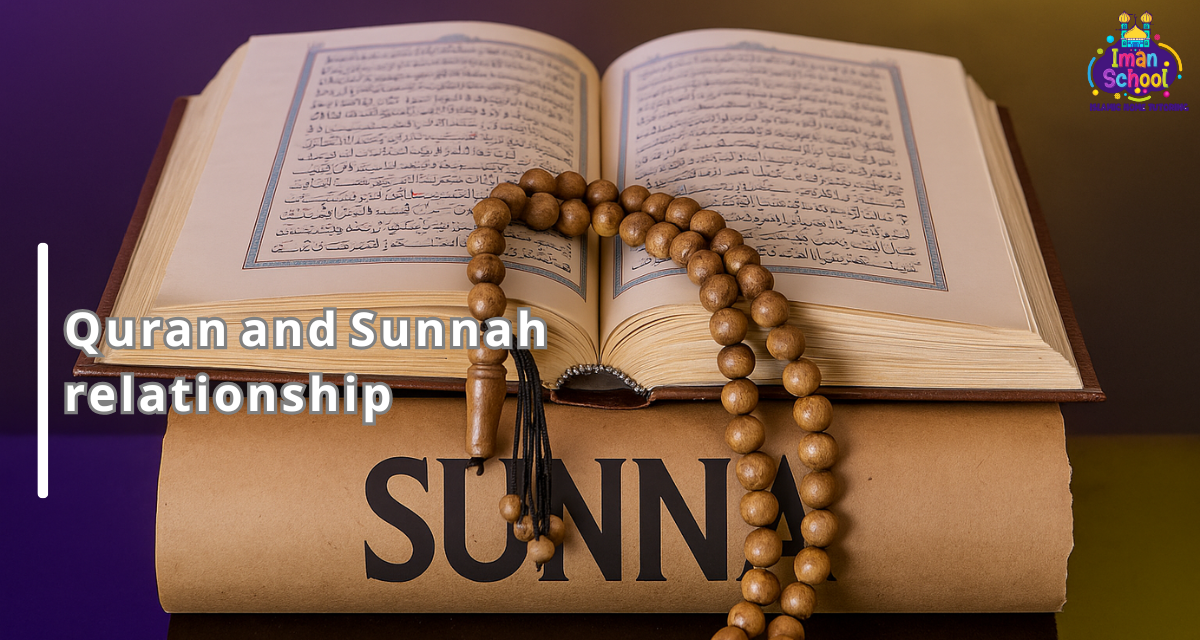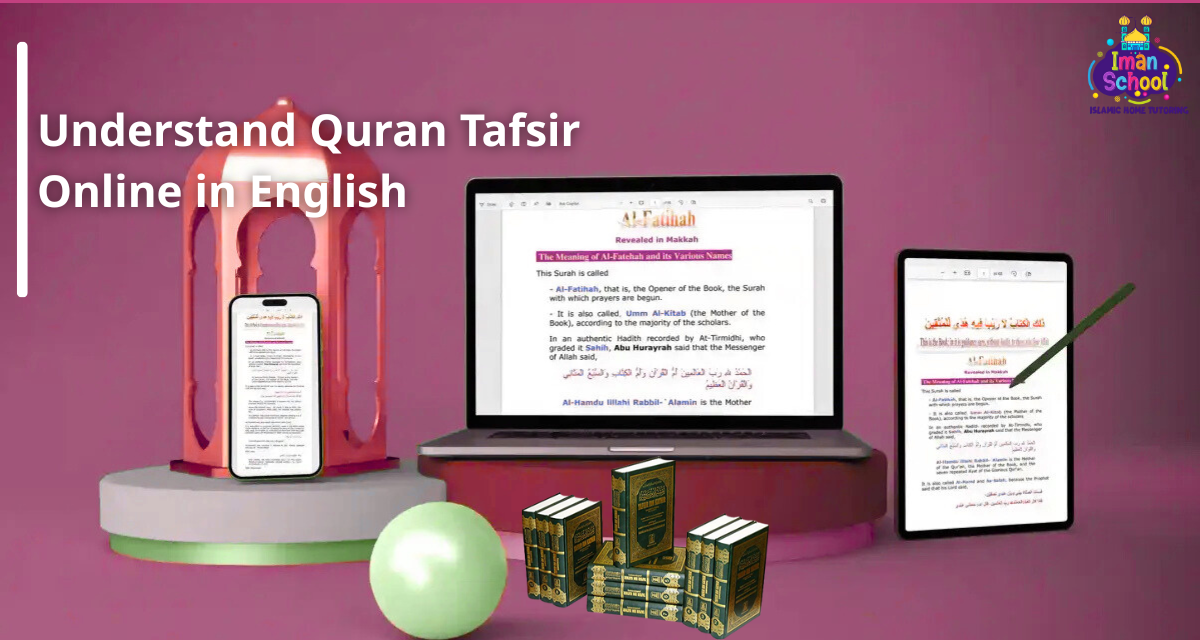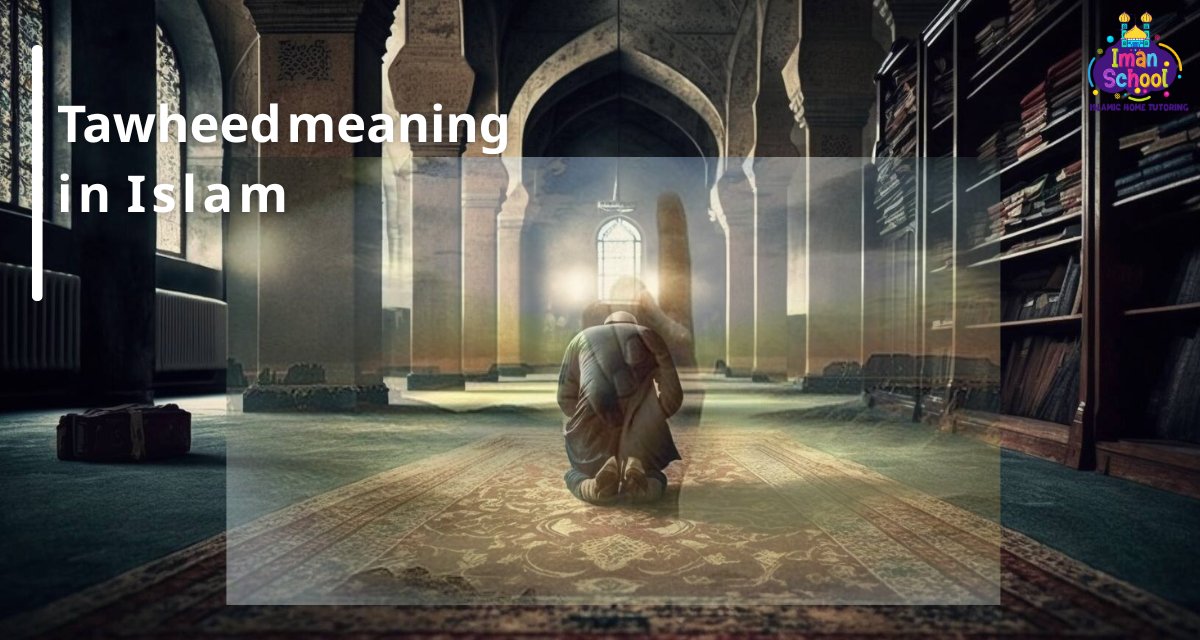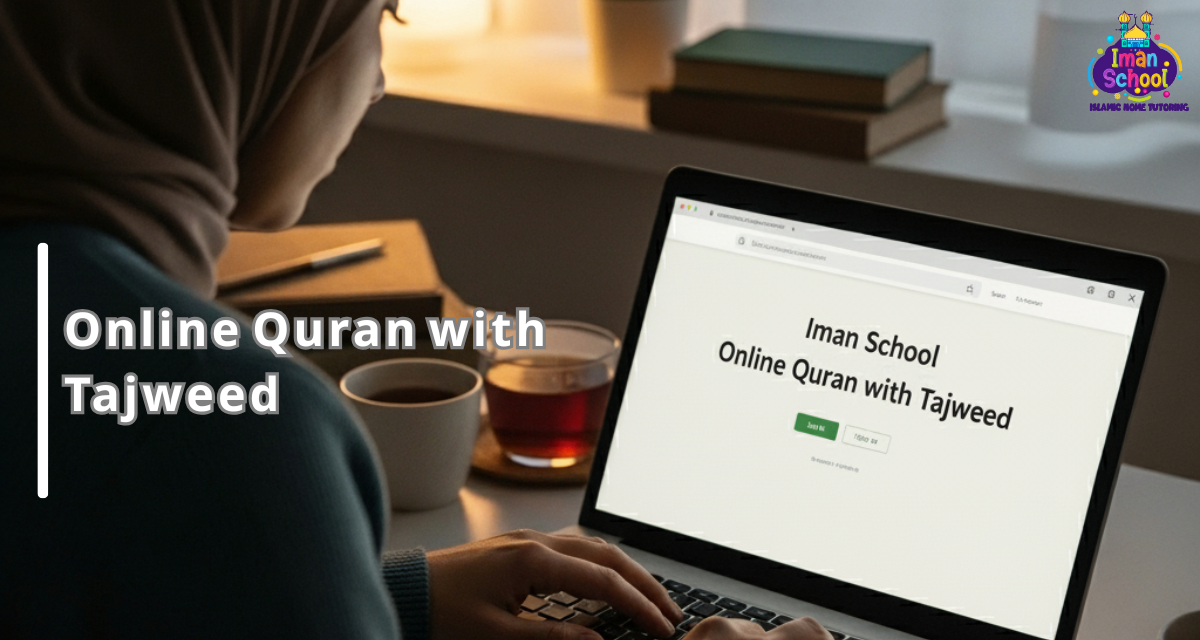In the heart of Islamic faith lies a profound and inseparable bond between two primary sources: the Quran and the Sunnah. Some people, particularly those unfamiliar with Islam, may wonder if one is more important than the other, or if they are separate entities.
The truth is, the Quran and Sunnah relationship is a harmonious partnership, with each source complementing and strengthening the other. They are the two guiding lights that illuminate the path for Muslims, providing a comprehensive and complete way of life.
What is the Quran and What is the Sunnah?
The Quran and Sunnah are the two primary sources of Islam.
The Quran is the direct and literal word of Allah, revealed to the Prophet Muhammad (peace be upon him) over a period of 23 years. It is a divine scripture that contains the core beliefs, moral principles, and general laws of Islam.
The Sunnah, on the other hand, refers to the Prophet Muhammad's words, actions, and approvals. It is a record of his practical life and teachings, transmitted through narrations known as Hadith. The Sunnah of Prophet Muhammad provides the practical application of the Quran's teachings. To put it simply, the Quran is the what, and the Sunnah is the how.

Read More: Islamic Sciences Courses
The Sunnah as an Explanation of the Quran
The relationship between Quran and Hadith is best understood through the Sunnah's role as a detailed explanation of the Quran. While the Quran provides general principles, the Sunnah elaborates on them.
For example, the Quran commands believers to establish prayer (Salat), but it does not specify the number of prayers per day, their times, or the exact movements and recitations. This is where the Sunnah comes in, providing a detailed Islamic weekly routine and Islamic teachings on how to pray.
This is a key part of how the Sunnah explains the Quran. It is through the Sunnah that we learn the practical details of all acts of worship.
4 Ways the Sunnah Confirms the Quran
The Quran and Sunnah relationship is one of mutual confirmation and reinforcement. Here are four ways the Sunnah serves this purpose:
1- Clarifying General Commands
The Quran often gives broad commands that the Sunnah specifies. For example, the Quran commands Muslims to give zakat (charity), but it is the Sunnah that specifies the exact amount, the wealth it is due on, and the recipients.
2- Adding New Rulings
The Sunnah provides rulings on matters not explicitly mentioned in the Quran. For instance, the prohibition of eating certain animals is not found in the Quran but is detailed in the Sunnah. These are considered valid sources of Islamic jurisprudence sources.
3- Confirming Existing Rulings
The Sunnah often repeats and reinforces a command already found in the Quran. This repetition confirms the importance of the command and leaves no doubt about its validity.
4- Providing Context
The Sunnah gives historical and social context to the Quranic verses. Understanding the circumstances of a revelation (known as Asbab al-Nuzul) through the Sunnah helps in a more accurate interpretation of the Quran.
This multifaceted role of the Sunnah highlights the importance of Sunnah in Islamic law and practice.
Learning the Quran and Sunnah Online: Your Best Resource
For many Muslims in the West, finding a reliable teacher to guide them through the sacred texts can be a challenge. This is where online education provides the ideal solution.
A good online Quran classes or a comprehensive program that offers both, is the best way to learn Quran and Sunnah online. It provides a structured environment with certified teachers who can break down complex topics into simple concepts.
Iman School is a leading online academy that specializes in teaching the Quran and Sunnah relationship. We provide our students with authentic, reliable knowledge from certified scholars, making us a top choice for anyone looking for Islamic teachings from their own home.
The Quran and Sunnah: A Guide to Daily Life
Together, the Quran and the Sunnah provide a complete guide for every aspect of a Muslim's life. Following both sources is a fundamental part of how to follow the Sunnah and the basics of Islam.
-
Personal Ethics: They guide us on how to be honest, kind, and just.
-
Worship: They provide the detailed instructions for prayer, fasting, and pilgrimage.
-
Social Relations: They outline the Islamic social studies and etiquette of dealing with family, friends, and the wider community.
-
Financial Matters: They provide the framework for ethical business and financial dealings.
-
Health and Well-being: They give guidance on diet, hygiene, and physical health.
-
Marriage and Family: They outline the rights and responsibilities of spouses and children.
-
Knowledge: They emphasize the importance of seeking knowledge and truth.
-
Character: They teach us patience, humility, and gratitude.
-
Justice: They provide principles for a just and equitable society.
-
Community Building: They lay the foundation for a cohesive and supportive community.
The Sunnah as a source of Islamic law is crucial for understanding how to live an upright and complete life.
Learn More: Islamic Ethics
Why We Need the Sunnah to Understand the Quran
Some may ask, "Why can't we just follow the Quran?" The answer is that the Quran itself commands us to follow the Sunnah. Allah says in the Quran:
"And whatever the Messenger gives you, take it; and whatever he forbids you from, abstain from it." (Surah Al-Hashr, 59:7)
This verse is a clear command to follow the Prophet's guidance. Without the Sunnah, many of the Quran's commands would be impossible to implement. The Sunnah provides the practical framework for the Quran's theoretical principles.
It is the living example of the Quran put into practice. This is the essence of the role of Sunnah in Islam.

Examples of the Quran and Sunnah Working Together
Prayer (Salat)
The Quran commands Muslims to "establish prayer." The Sunnah, through numerous authentic Hadith, details the five daily prayers, the number of rak'ahs in each, and the specific words and actions to be performed. Without the Sunnah, we would not know how to pray.
Fasting (Sawm)
The Quran orders fasting during the month of Ramadan. The Sunnah explains the rules for who is exempt from fasting (e.g., the sick or travelers), what breaks the fast, and the recommended acts to perform during Ramadan.
Hajj (Pilgrimage)
The Quran commands the pilgrimage to Mecca, but the Prophet (PBUH) demonstrated every single rite of Hajj, from the circumambulation of the Kaaba to the rituals at Mina and Arafat. His actions and words during the pilgrimage are the sole guide for Muslims to perform the Hajj correctly.
These examples clearly illustrate how the Quran and Sunnah relationship is a practical necessity.
Discover More: Tawheed Meaning in Islam
The Importance of Following Both Sources
Following both the Quran and the Sunnah is a pillar of faith for every Muslim. The Quran says:
"Say, [O Muhammad], 'If you should love Allah, then follow me; [so] Allah will love you and forgive you your sins. And Allah is Forgiving and Merciful.'" (Surah Aal-e-Imran, 3:31)
This verse links the love of Allah directly to following the Prophet. The Quran vs Hadith debate is a false one; they are two sides of the same coin. The Quran is the word of Allah, and the Sunnah is the embodiment of that word in the life of the Prophet (PBUH). Both are essential for a Muslim's faith and practice.
Hadith vs. Sunnah: What’s the Difference?
While often used interchangeably, there is a subtle but important distinction. What is the Sunnah of the Prophet refers to his actions and teachings as a whole.
A Hadith is the specific narration or report that records a particular action, saying, or approval of the Prophet. Think of the Sunnah as a body of knowledge and a Hadith as a single report within that body.
It is the tool through which the Sunnah is transmitted to us. A student of Fiqh and Hadith learns this distinction early on.
Misconceptions About the Quran and Sunnah Relationship
-
Myth: We only need to follow the Quran. (Reality: The Quran itself commands us to follow the Prophet.)
-
Myth: The Hadith is unreliable. (Reality: There is a rigorous science of Hadith to authenticate a Hadith. Authentic Hadith are the basis for the Sunnah.)
-
Myth: The Sunnah adds things to Islam that are not in the Quran. (Reality: The Sunnah clarifies and explains the Quran, it does not add new laws that contradict it.)
-
Myth: The Sunnah is just for the Prophet's time. (Reality: The Prophet's Sunnah is a universal guide for all times and places.)
-
Myth: The Sunnah is a separate source from the Quran. (Reality: The Sunnah is inextricably linked to the Quran and is necessary for its practical implementation.)
Find Out More: Islamic Creed
Explore Our Online Courses on Hadith and Quranic Studies
Understanding the Quran and Sunnah relationship is the key to a strong and complete Islamic faith. It is the basis for all Islamic jurisprudence sources.
Iman School is a premier online Quran academy that offers comprehensive courses on both the Quran and Hadith. Our programs, from Hadith for beginners to advanced online Hadith studies, are designed to give students a deep and authentic understanding of the two primary sources of Islam. We are proud to be a top online Islamic school that provides a clear and structured path to knowledge.
Explore our courses today and begin your journey to a deeper understanding of Islam with a certified online Quran teacher and learn Hadith online from the most reliable sources.




